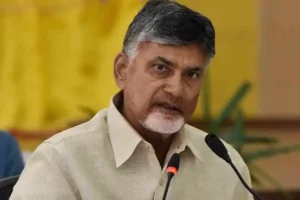
Central Bank of India and U GRO Capital has signed a co-lending agreement and plans to disburse up to Rs 1,000 crore to medium, small and micro enterprises (MSMEs) over the next 12 months. The disbursement will be to U GRO Capital’s varied MSME segments under its programs – Pratham, Sanjeevani, Saathi, GRO MSME and machinery financing.
Buy Prime Test Series for all Banking, SSC, Insurance & other exams
Central Bank of India will provide co-lending support through the GRO-Xstream platform with the loans originated by U GRO Capital’s distribution network. The arrangement will ensure the availability of credit to MSMEs at an affordable cost.
Important takeaways for all competitive exams:
- Central Bank of India Founded: 21 December 1911;
- Central Bank of India Headquarters: Mumbai, Maharashtra;
- Central Bank of India MD & CEO: Matam Venkata Rao.




 Which is the Highest Dam in India? Know ...
Which is the Highest Dam in India? Know ...
 Indian Railways Launches First LNG–Diese...
Indian Railways Launches First LNG–Diese...
 Andhra Pradesh to Set Up Exclusive Women...
Andhra Pradesh to Set Up Exclusive Women...








